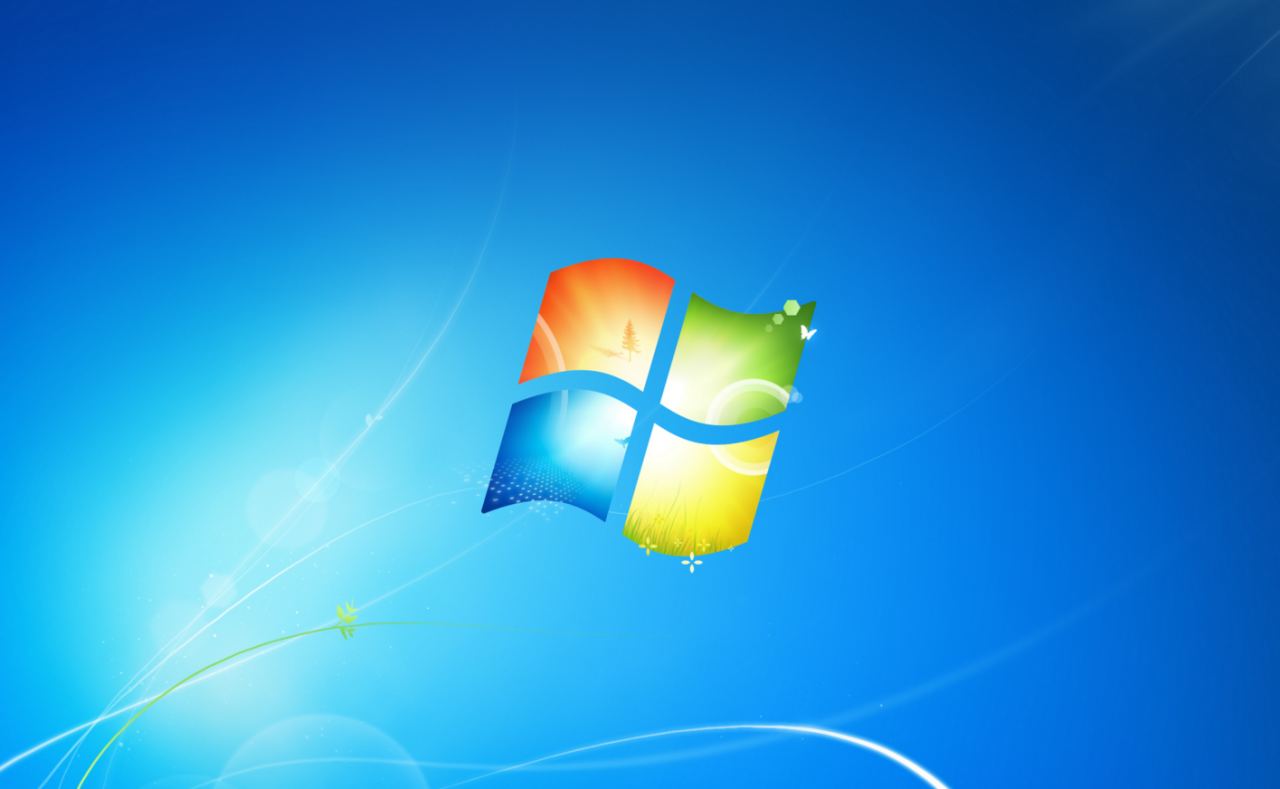On January 14th of 2020, Microsoft will end extended support for Windows 7. This will be a major milestone as it means that Windows 7 is effectively no longer generally supported by Microsoft and means that if you are using the operating system, you need to plan to migrate to Windows 10 today.
But, just like with Windows XP, the transition to Windows 10 from Windows 7 will not be as simple as simply turning off support for the operating system.
At the time of this post, according to Net Marketshare, Windows 7 has a market share of around 40% and Windows 10 is about 38%. According to this data, more companies need to migrate to the OS in the next 15 months than have in the previous 3 years of availability; the transition is not going to happen overnight.
Despite the warnings and assistance the company is offering services like Desktop App Assure, there will be customers who will opt to continue to run Windows 7 for the next couple of years. To support those users, Microsoft will offer paid Windows 7 Extended Security Updates (ESU) through January 2023.
The company says that Windows 7 ESU will be sold on a per-device basis for an escalating yearly price. Windows 7 ESUs will be available to all Windows 7 Professional and Windows 7 Enterprise customers in Volume Licensing, with a discount to customers with Windows software assurance, Windows 10 Enterprise or Windows 10 Education subscriptions.
This announcement shouldn’t come as a major surprise considering that Microsoft offers premium support similar to this for Windows XP. But for those who are running Windows 7 and know that they won’t be able to migrate before the deadline, this service will provide a way to extend the migration cycle but comes at a premium.
While some had hoped that Microsoft would extend the support cycle of Windows 7 like it had done with Windows XP, that does not appear to the case. Even though January 2020 may seem a long way off, if you haven’t started preparing a migration schedule to rid your environment of the older operating system, you are likely already behind.



